Transat Jacques Vabre is a big deal
Published on November 4th, 2021
In the world of shorthanded races, the Transat Jacques Vabre is a big deal. This double-handed race features four classes of boats (Class 40, IMOCA, Multi 50, and Ultime) to take on the North Atlantic, starting November 7 from Le Havre, France.
The course endures often brutal winter conditions, with a shift this year for the finish, moving from South America to Martinique in the Caribbean, in addition to various mid-Atlantic turning marks for the four classes, topping out at 7500nm for the fastest Ultime trimarans.
The Transat Jacques Vabre is nearly 30 years old, having first run in 1993 and every two years since, with the 15th edition in 2021 attracting a record-breaking 79 boats, with the 60-foot IMOCA class having 23 entrants for a 5800nm course.
This class includes two crew from US-sponsored 11th Hour Racing Team which will provide their program with a worthy test to prepare for The Ocean Race, a fully-crewed multi-stage round the world race to be held next year.
Launched in August of this year, 11th Hour Racing Team’s ‘Mālama’ is the newest boat in the IMOCA 60 class and the first specifically built to be raced by a crew of up to five sailors. US sailor Charlie Enright, who will co-skipper the boat together with Pascal Bidégorry (FRA), is eager to see what the boat can do.
“With the boat being so new, we have had very little time to train and to get familiar with ‘Mālama’s’ features – less than two weeks on the water” he said. “The foils, the hull shape, the cockpit, she’s definitely one-of-a-kind. For this race, our main focus will be to get her to Martinique in one piece – if we manage that, there’s a chance for more!”
The Enright/Bidégorry duo took part in the last edition of this biennial race in 2019, finishing fourth in the IMOCA Class. But for fellow 11th Hour Racing Team skippers Justine Mettraux (SUI) and Simon Fisher (GBR), who will sail the team’s 2015-generation boat ‘Alaka’i’, this will be a debut performance in the Transat Jacques Vabre together.
One of the most accomplished female sailors of her generation, Mettraux is looking forward to getting going.
“Simon and I started sailing double-handed together this summer, and it’s been great so far,” she said. “We really complement each other well and are proud of what we have achieved as a team – a third place in the Rolex Fastnet Race and second in the Défi Azimut 48-hour race this past month. Sailing a transatlantic race of up to 16 days definitely steps things up a few notches and both Simon and I feel confident about taking on this challenge.”
One of five mixed male-female teams within the class of 23 boats, Mettraux and Fisher are currently on top of the leaderboard of the IMOCA Globe Series, the class championship that runs from the end of one Vendée Globe round-the-world race to the end of the next one. After their strong start to this season, they are amongst the favorites to win the Transat Jacques Vabre, despite the fairly short time they have been sailing together.
“We are trying not to put too much pressure on ourselves for this race but we’re hungry for more success after our recent performances. However, with the standard of the fleet assembled we know this event is going to be much more challenging than anything we have seen before and we will have to sail incredibly well to get on the podium” said Fisher.
“It’s a huge opportunity for us to race against the best in the world and I especially look forward to some healthy competition with our 11th Hour Racing teammates, Charlie and Pascal.”
After the start, the two 11th Hour Racing Team crews will cross the Bay of Biscay and once clear of the tip Spain will turn south to round Fernando de Noronha, a volcanic archipelago 190 miles off the northeast coast of Brazil. The fleet will then turn northwest and head to Martinique, part of the Lesser Antilles, and finish at Fort-de-France.
Race details – YouTube – Facebook – Tracker


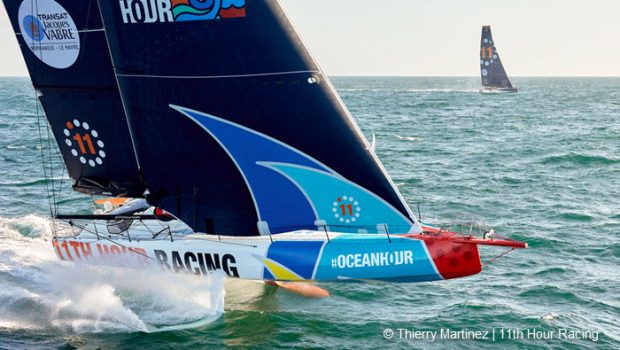

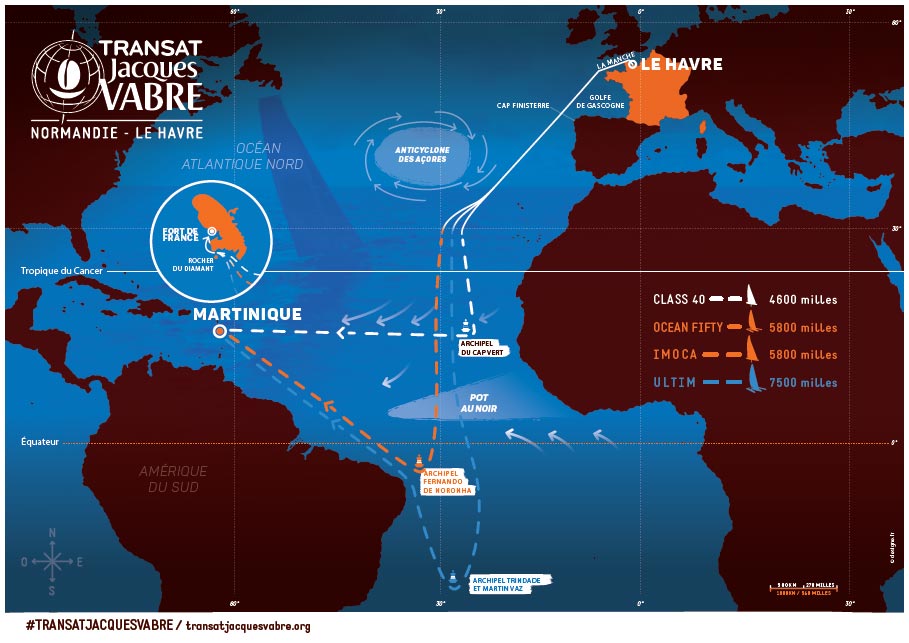

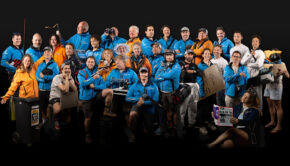
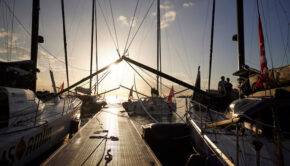
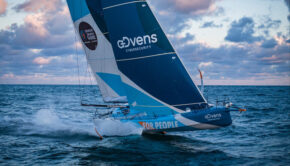
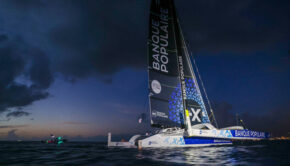
 We’ll keep your information safe.
We’ll keep your information safe.